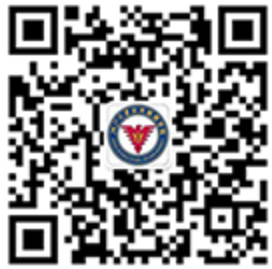The revolution of health policy is a heated issue for countries around the world. On Oct 28th, the School of Public Affairs, Zhejiang University, invited scholars from Stanford University, the Education University of Hong Kong, and the University of Hong Kong to discuss the future international and domestic landscape of health policy. Professor Xiaoting Liu hosted the webinar. Over 130 participants at home and abroad attended the dialogue.
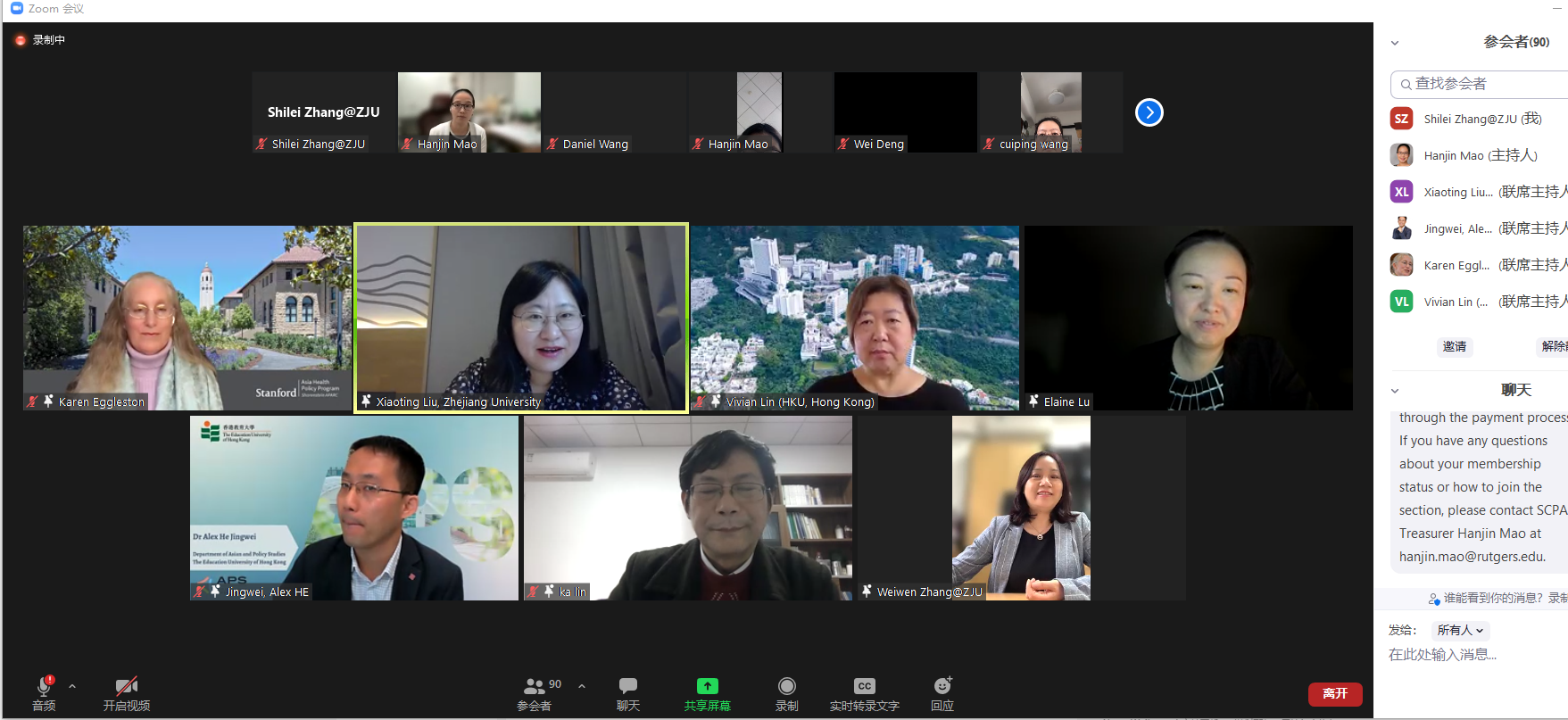
Dr. Eggleston started the dialogue with her research before and during the pandemic. As the Stanford Asia Health Policy Program director, she has conducted a wide range of research from chronic disease management, health innovation to health inequity with scholars from many developed and developing countries. She pointed out that Asian policymakers have adopted a series of strategies to deal with the dual goal of controlling medical expenses and improving health. The COVID-19 pandemic accelerated some of these strategies and slowed others, bringing an unexpected outcome to the population's health.
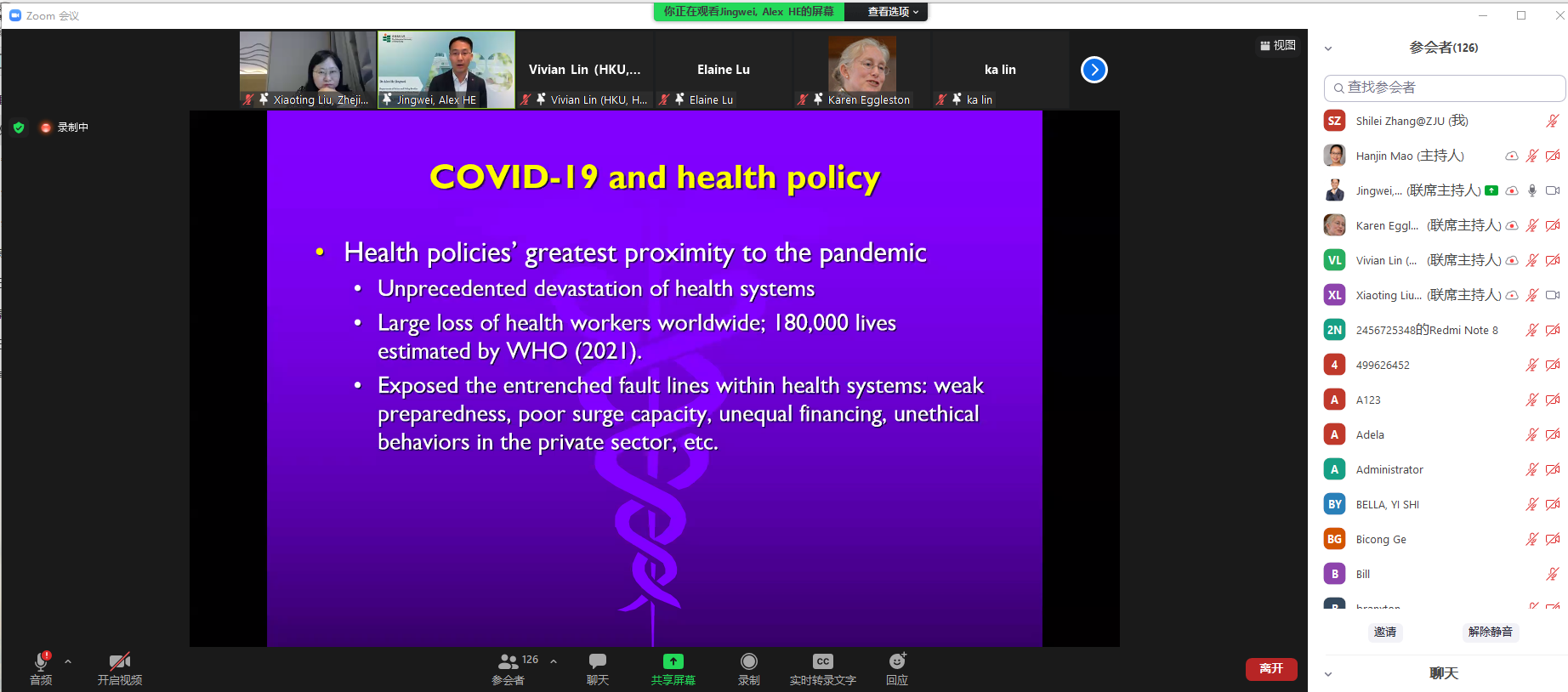
Also, it requires better collaboration between public and private sectors and innovation of policies to create a more resilient healthcare system. Together with her colleagues, Dr. Eggleston recommended countries leverage innovative healthcare technologies to reach the very vulnerable. She further illuminated the feasible pathway by introducing a book authored by her and two other scholars, the Dragon, the Eagle and the Private Sector.
The second guest speaker, Professor Alex Jingwei He from the Education University of Hong Kong, shared his views of future health policy from a comparative perspective. The study tries to answer the following questions: Will the pandemic accelerate policy innovation or cause a path dependency? How will these changes have an impact on the healthcare industry? By analyzing the language in worldwide research from policy science, Professor He agrees with the consensus among politic scientists that it would be rare for countries to have substantive policy change.
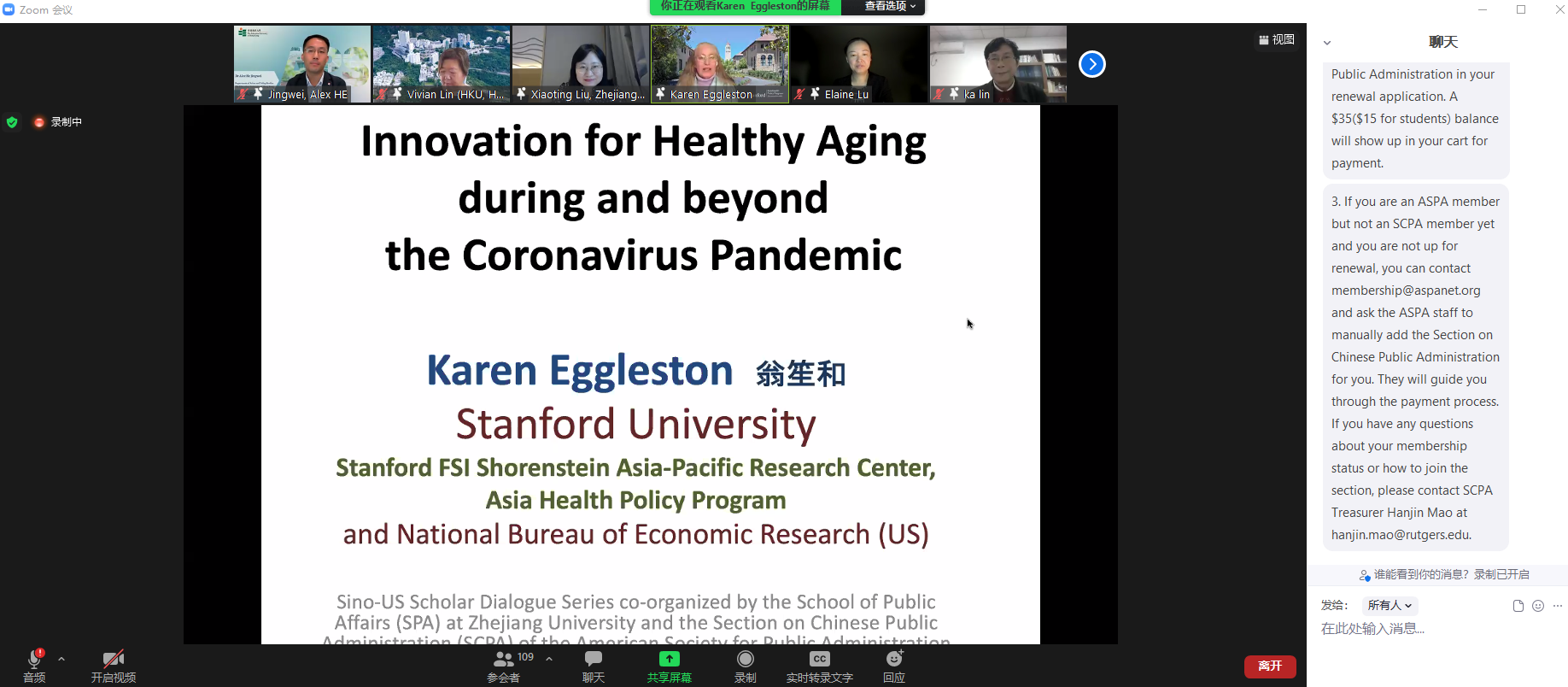
But the existing policy patterns can be disrupted by factors including exogenous shocks. He then discusses five essential health-system functions one by one. In conclusion, Professor He thinks the pandemic lowers policy changes' barriers. But it is more likely to accelerate existing changes rather than introduce new substantial reforms.
After the illuminating sharing from two guest speakers, Professor Vivian Lin from the University of Hong Kong, Professor Ka Lin from Zhejiang University, gave their comments. Participants also put forward many relating questions, with some of them answered by two guest speakers.
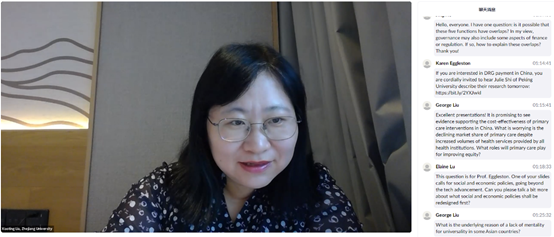
We, like most participants, are looking forward to furthering discussion about domestic and international health issues. The webinar is a part of the Sino-US Scholar Dialogue Series on Public Administration. You are very welcome to follow the series and participate in the following activities.


